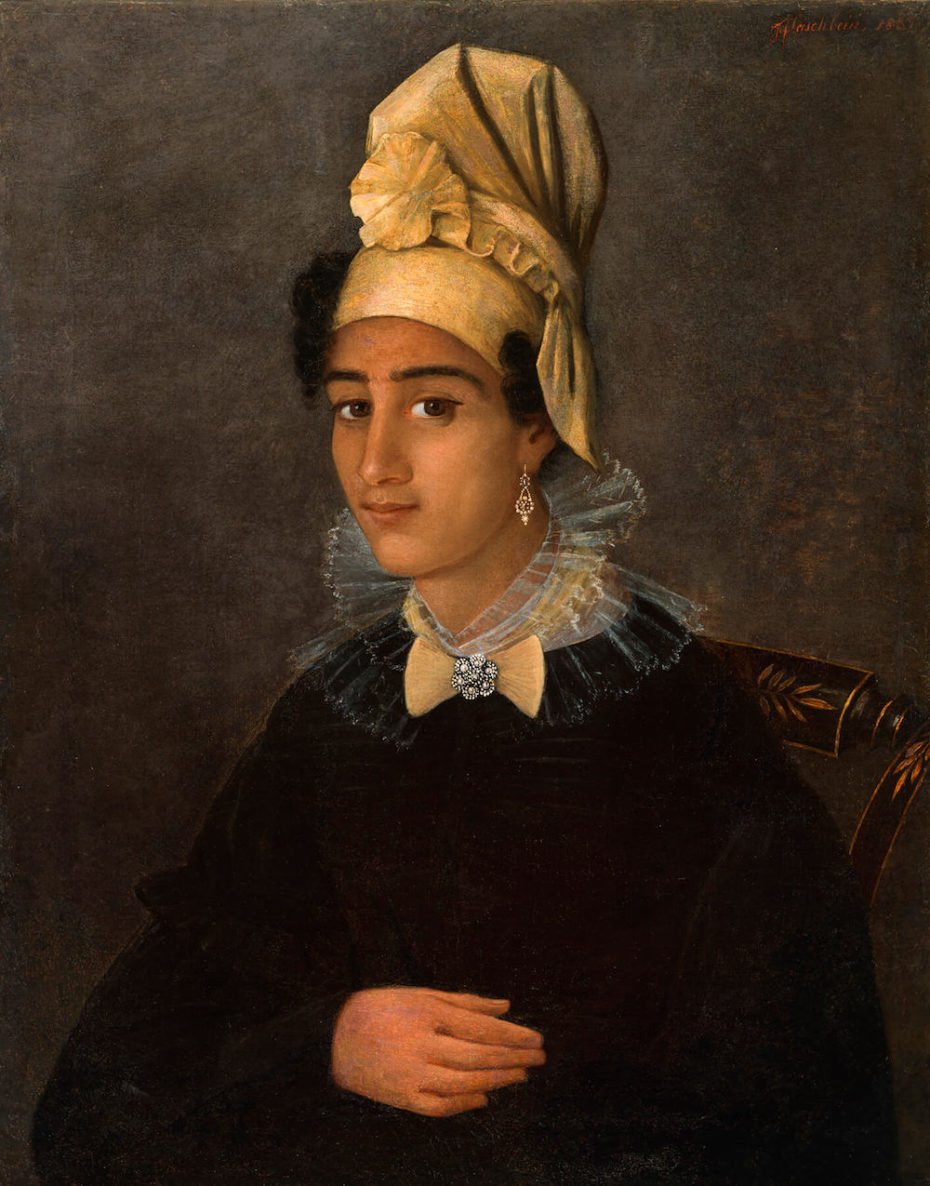A quick timeline of afros & supression
1619 -
1786 -
1872 -
1960s -
Late 2000s -
The first enslaved Black people were brought to America. From there they no longer were viewed as people of their own culture, but objects to own. In order to control slaves, their hair was shaved off. This practice was meant as a humiliation practice, and to cut off Black culture starting at the root of their hair. This was the first of many instances of societal and cultural oppression towards afros.
As Black people started becoming free in America, they also started to allow themselves the pleasure of making their own looks in fashion. Free Black women in Louisiana had started growing out their natural hair and styling it with jewels and feathers. After gaining attraction from white men, the Spanish Governor at the time, Estaban Rodriguez Miro, passed the ‘tignon law’ which forced any person related to a slave class to cover their hair with a scarf whether they were enslaved or not.
The hot comb is invented by Marcel Grateau to help straighten out kinky and curly hair. This process involved heating the comb and straightening the hair from the roots to the tips. This oftentimes left scars and burns on the scalp but allowed for Black people to do better in White society. The hair relaxer is invented in 1877 by Garrett Morgan which was widely used alternative. And first female millionaire, Madame CJ Walker innovated the hot comb and provided scalp and ointment cream alongside it.
The start of the Black hair movement amidst the civil rights movement as well. The afro becomes fully reclaimed as a proud symbol of cultural ownership. The hairstyle becomes a political symbol as well. With the hair being more notable, this allowed for more continuous discrimination. In 1964, the civil rights act was passed. It is sometimes used to defend hair discrimination in the workplace but oftentimes doesn’t work out due to its set writing.
The natural hair boom resurges for good. After decades of free hair experimentation, people opted for natural hair well-being. This was partially due to the cost of hair relaxing and straightening, and the start of black beauty influencers. Products like Cantu, begin dominating the market as people start to embrace their curls once again. This is still to this day met with discrimination and has no proper legislation to defend Black hair besides the CROWN Act, which has only been passed in 23 states.




